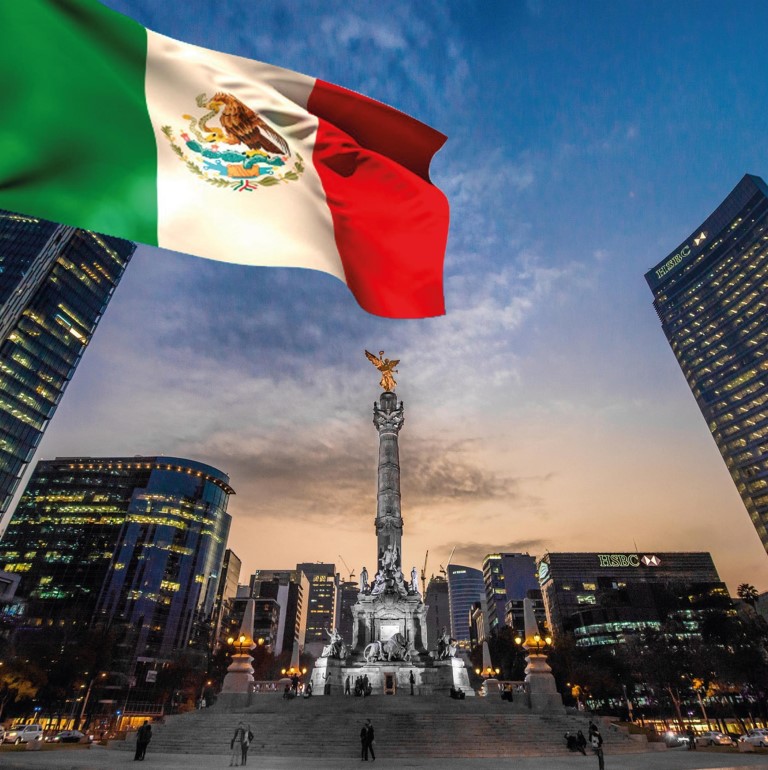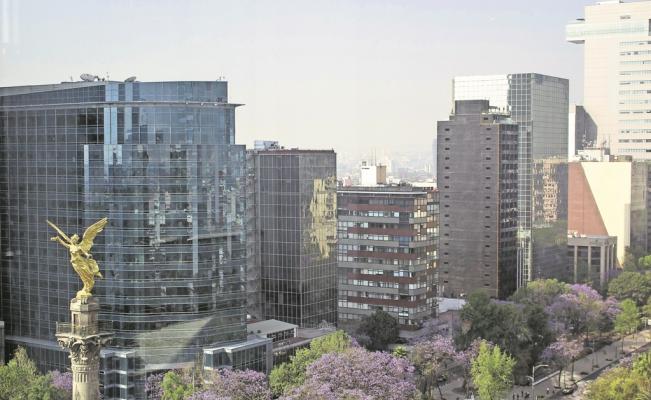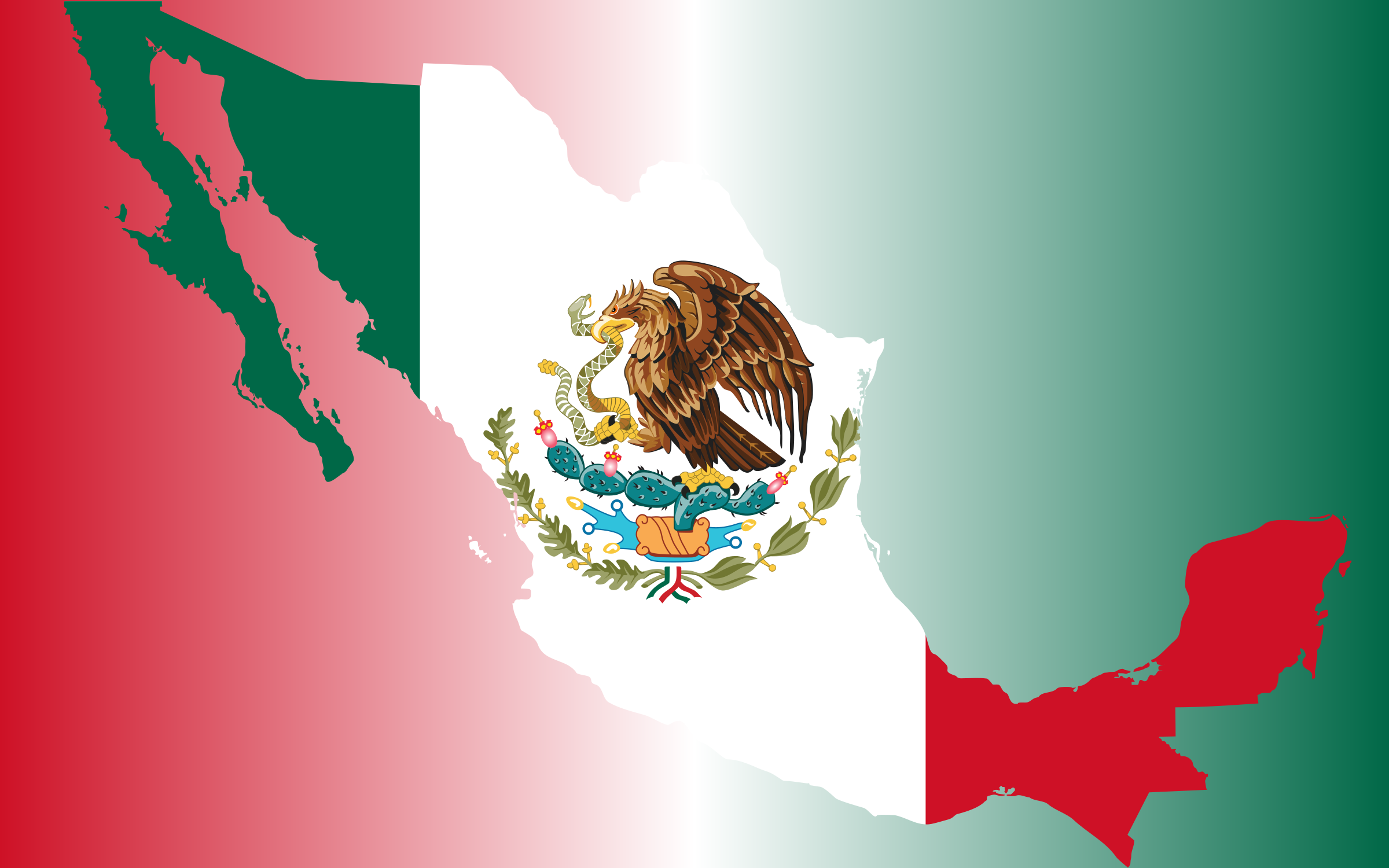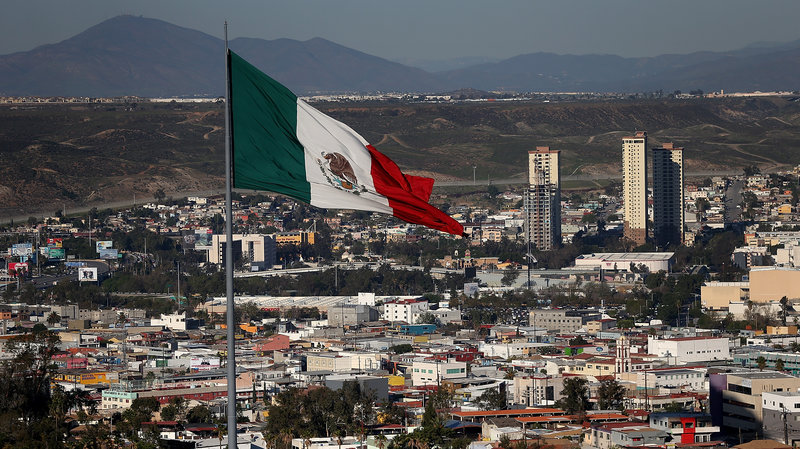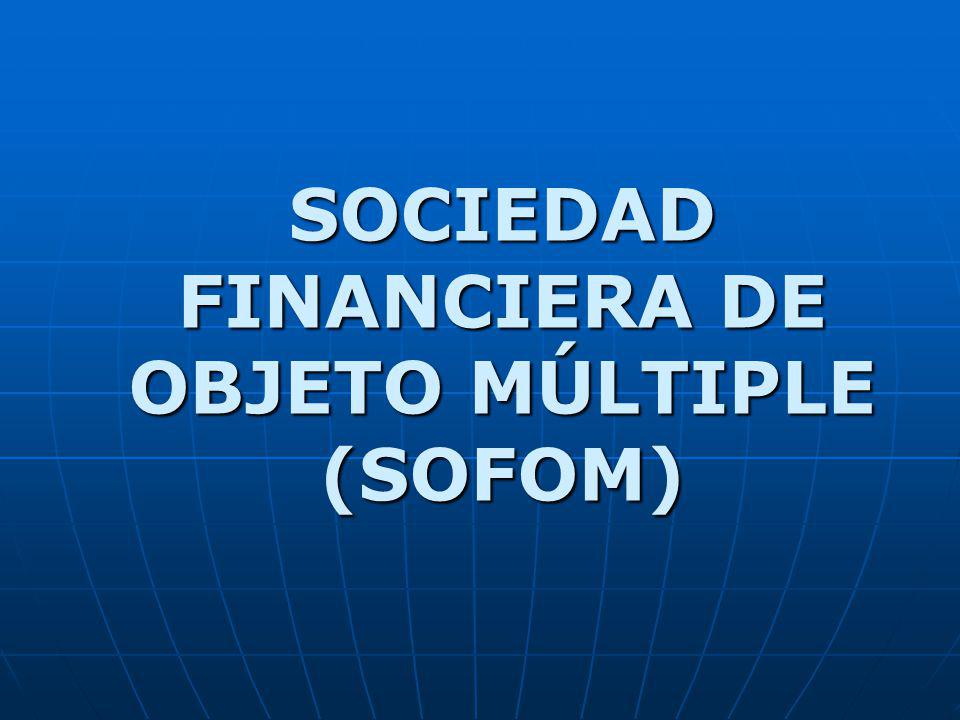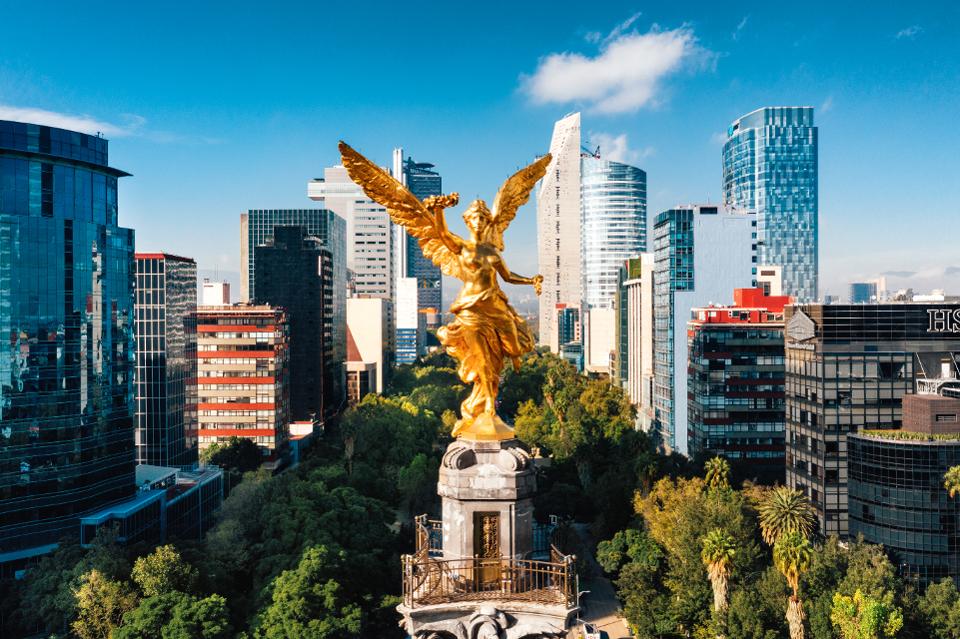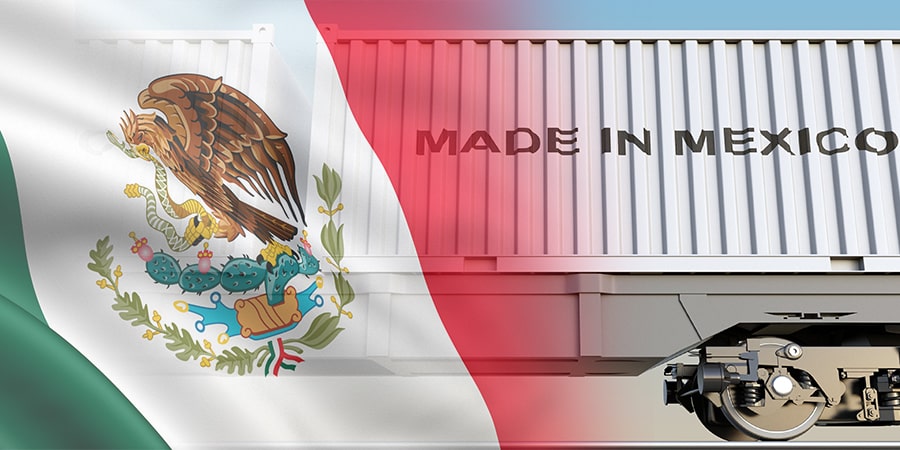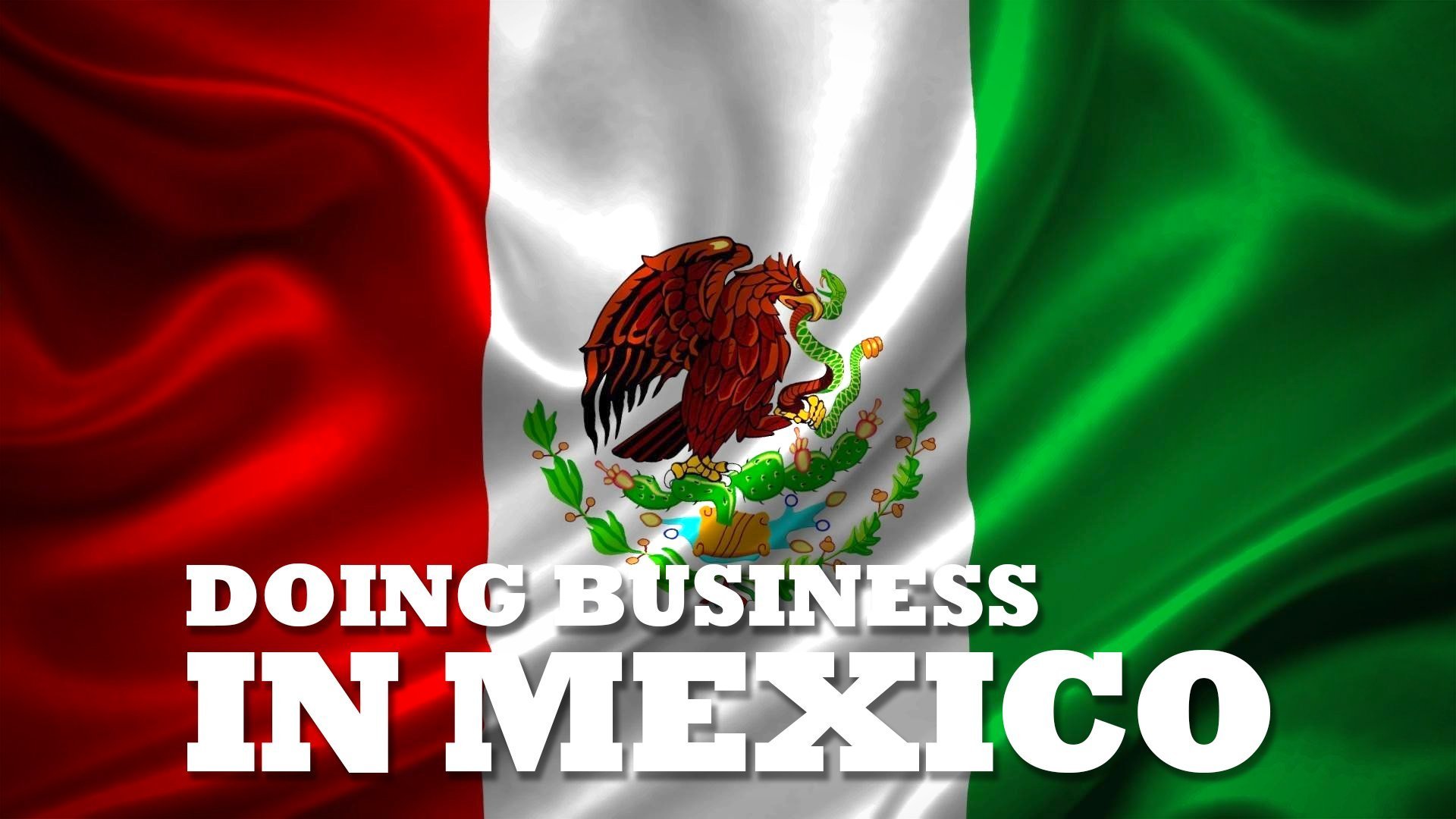Setting up a SOFOM in Mexico to Operate a Fintech, Financial Services, or Crypto Business
A Mexican SOFOM, or Sociedad Financiera de Objeto Múltiple, is a type of financial institution that can provide a variety of financial services, including money transmission, cryptocurrency, loans, leases, and factoring. SOFOMs can be either regulated or unregulated, with regulated SOFOMs being subject to more oversight by the Mexican government.
Fintech, financial services, and crypto companies in Mexico are increasingly using SOFOMs to provide their customers with a wider range of financial services. For example, fintech companies may use SOFOMs to provide loans to small businesses, while financial services companies may use SOFOMs to offer investment products to their customers. Crypto companies may also use SOFOMs to provide services such as cryptocurrency trading and custody.
SOFOMs offer a number of advantages for fintech, financial services, and crypto companies in Mexico. First, SOFOMs can provide these companies with access to a wider range of financial products and services. Second, SOFOMs can help these companies to reach a wider customer base. Third, SOFOMs can help these companies to comply with Mexican financial regulations.
As the fintech, financial services, and crypto sectors in Mexico continue to grow, SOFOMs are likely to play an increasingly important role in these industries. SOFOMs offer a number of advantages for these companies, and they can help these companies to provide their customers with a wider range of financial services.
The Most Efficient Structure for a Financial Services, Fintech or Crypto Business in Mexico is a SOFOM
A Sociedad Financiera de Objeto Múltiple (SOFOM) is a type of financial institution in Mexico that is authorized to provide a wide range of financial services, including loans, leases, and factoring. SOFOMs are regulated by the Comisión Nacional Bancaria y de Valores (CNBV), the Mexican banking and securities commission.
There are two types of SOFOMs: regulated and unregulated. Regulated SOFOMs are subject to more stringent regulatory requirements than unregulated SOFOMs. However, regulated SOFOMs also have access to a wider range of financial services and products.
A SOFOM is the most efficient structure for a number of reasons. First, SOFOMs are authorized to provide a wide range of financial services, which allows businesses to offer a more comprehensive suite of products to their customers. Second, SOFOMs are regulated by the CNBV, which provides businesses with a high level of financial stability and security. Third, SOFOMs have access to a wide range of financial resources, which allows businesses to grow and expand their operations.
If you are considering starting a financial services business in Mexico, a SOFOM is the most efficient structure to consider. SOFOMs offer a wide range of benefits, including access to a wide range of financial services, products, and resources.
Here are some additional benefits of incorporating as a SOFOM in Mexico:
- Flexibility: SOFOMs have a great deal of flexibility in terms of the types of financial services they can offer. This allows businesses to tailor their offerings to the specific needs of their customers.
- Scalability: SOFOMs are well-suited for businesses that are looking to grow and expand. They offer a wide range of financial resources that can help businesses to finance their growth.
- Reputation: SOFOMs are regulated by the CNBV, which gives them a high level of financial stability and security. This is important for businesses that want to build a strong reputation with their customers.
Here are some specific examples of how SOFOMs are being used by fintech, financial services, and crypto companies in Mexico:
- Fintech company Konfío uses SOFOMs to provide loans to small businesses.
- Financial services company Banorte uses SOFOMs to offer investment products to its customers.
- Crypto company Bitso uses SOFOMs to provide cryptocurrency trading and custody services.
These are just a few examples of how SOFOMs are being used by fintech, financial services, and crypto companies in Mexico. As these industries continue to grow, SOFOMs are likely to play an increasingly important role in providing financial services to Mexicans.
Here are the steps on how to set up a SOFOM in Mexico:
- Obtain a corporate charter. The first step is to obtain a corporate charter from the Secretaría de Economía (Secretariat of Economy). The corporate charter will set forth the basic structure of your company, including its name, purpose, and capitalization.
- Register with the National Banking and Securities Commission (CNBV). Once you have obtained your corporate charter, you must register with the CNBV. The CNBV is the Mexican government agency responsible for regulating the financial sector. The registration process with the CNBV can be complex, so it is advisable to seek professional assistance.
- Obtain a license to operate as a SOFOM. Once you have registered with the CNBV, you must obtain a license to operate as a SOFOM. The license application process is also complex, so it is advisable to seek professional assistance.
- Establish a physical presence in Mexico. To operate as a SOFOM in Mexico, you must establish a physical presence in the country. This means that you must have an office or other location where you can conduct business.
- Obtain the necessary permits and licenses. In addition to the license to operate as a SOFOM, you may also need to obtain other permits and licenses from local authorities. The specific requirements will vary depending on the location of your business.
- Hire qualified staff. To operate a successful SOFOM, you will need to hire qualified staff. This includes employees with experience in the financial sector, as well as employees with experience in the Mexican market.
- Develop a marketing plan. Once you have established your business, you will need to develop a marketing plan to attract customers. This plan should include strategies for reaching potential customers, as well as strategies for building relationships with customers.
Here are some additional requirements for setting up a SOFOM in Mexico:
- A business plan that outlines the company’s goals, strategies, and financial projections.
- A financial model that details the company’s sources of funding and projected cash flows.
- Background information on the shareholders, including their financial and professional qualifications.
- A copy of the shareholders’ agreement.
- A copy of the company’s bylaws.
We can provide local directors if that is your need, but they are not required. Local directors can be helpful in navigating the Mexican legal and regulatory environment. They can also help to build relationships with local businesses and government officials.
If you are considering setting up a SOFOM in Mexico, we encourage you to contact us for more information. We can help you to assess your needs and develop a plan to achieve your goals. You can reach me directly at info@premieroffshore.com




